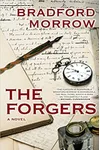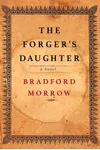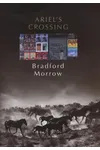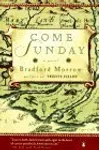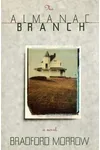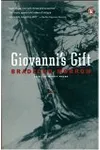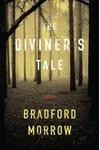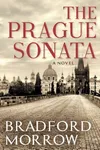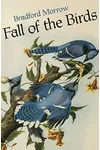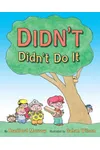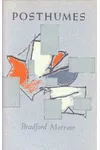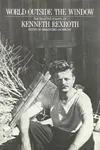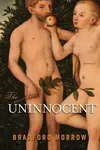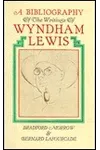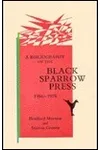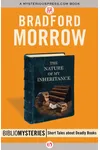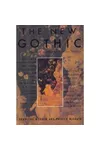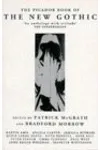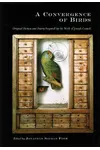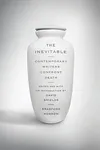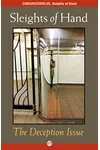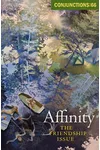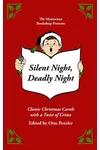Picture an American storyteller who weaves intricate tales of history, mystery, and human complexity—meet Bradford Morrow! Born in 1951, this novelist, poet, and editor has crafted a literary legacy with works like The Prague Sonata and the Forgers series. His stories, rich with atmosphere and meticulous detail, invite readers into worlds where the past and present collide, making him a hidden gem in contemporary literature.
From his early days as a poet to founding the acclaimed literary journal Conjunctions, Morrow’s journey is as eclectic as his novels. With a knack for blending literary fiction with historical intrigue, he’s earned praise for his unique voice and storytelling prowess. Ready to dive into his captivating world? Let’s explore the life, works, and impact of Bradford Morrow.
The Making of Bradford Morrow
Bradford Morrow was born on April 8, 1951, in Baltimore, Maryland, but grew up in Littleton, Colorado. His adventurous spirit took him far from home early on— as a teenager, he volunteered in rural Honduras with Amigos de las Americas, administering inoculations. A year later, he studied in Italy as an American Field Service scholar, immersing himself in European culture. These global experiences shaped his worldview, later infusing his writing with a sense of place and history. After studying at the University of Colorado and Yale, Morrow worked as a rare book dealer in Santa Barbara before settling in New York City in 1981. There, he founded Conjunctions with poet Kenneth Rexroth, a platform that would champion innovative writing for decades.
Bradford Morrow’s Unforgettable Stories
Morrow’s novels are a masterclass in blending literary depth with historical and psychological intrigue. His debut, Come Sunday (1988), follows a mercenary’s wild quest in Nicaragua, showcasing his bold narrative style. The Prague Sonata (2017) is a standout, tracing a musicologist’s journey to uncover the origins of a mysterious 18th-century manuscript across war-torn Europe and modern America. Critics praised its lush prose and intricate plotting, calling it a “sophisticated intellectual mystery.” The Forgers series, including The Forgers (2014) and The Forger’s Daughter (2020), dives into the shadowy world of literary forgery, blending suspense with meditations on truth and obsession. Morrow’s style—lyrical, layered, and steeped in historical detail—creates immersive worlds where characters grapple with moral ambiguity and the weight of the past.
His short stories, like those in The Uninnocent (2011), reveal a darker, more intimate side, with characters navigating guilt and redemption. As a poet, Morrow’s collections like Posthumes (1982) and A Bestiary (1991) showcase his early love for language, while his children’s book, Didn’t Didn’t Do It (2007), adds a playful note to his oeuvre. Whether writing novels or editing Conjunctions, Morrow’s work is defined by its daring innovation and emotional resonance.
Why Bradford Morrow Matters
Bradford Morrow’s impact extends beyond his novels. As the editor of Conjunctions for over four decades, he’s nurtured countless writers, from Joyce Carol Oates to Jonathan Safran Foer, earning the PEN/Nora Magid Award for his editorial excellence. His fiction, lauded for its atmospheric depth, has garnered a Guggenheim Fellowship, an Academy Award in Literature, and O. Henry and Pushcart Prizes. Morrow’s ability to weave history, music, and moral complexity into gripping narratives has made him a vital voice in literary fiction, inspiring readers to explore the intersections of art and human experience.
- Born: April 8, 1951, Baltimore, Maryland
- Key Works: The Prague Sonata, The Forgers, The Uninnocent
- Awards: Guggenheim Fellowship, PEN/Nora Magid Award, Academy Award in Literature
- Notable Role: Founding editor of Conjunctions
Snag The Prague Sonata or The Forgers and dive into Bradford Morrow’s mesmerizing blend of history and mystery!
